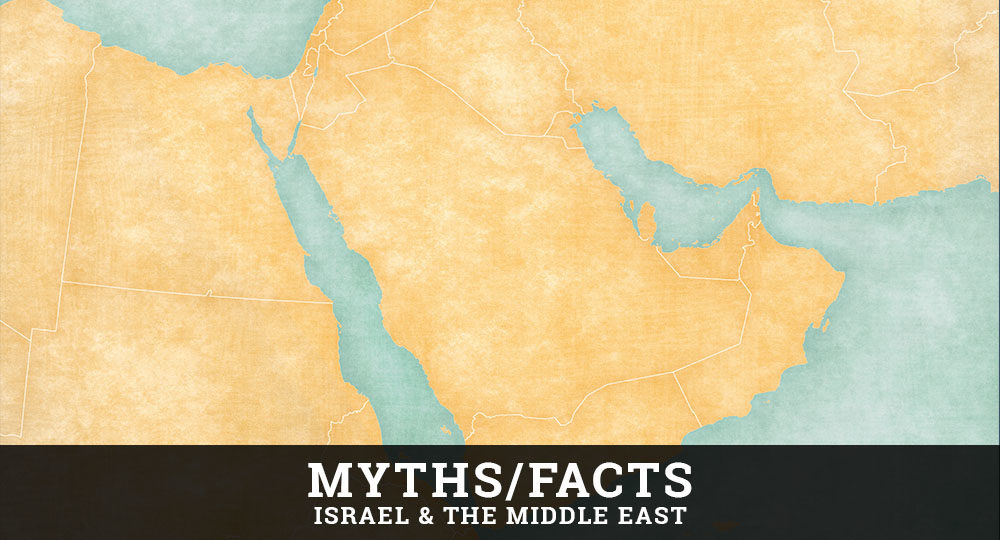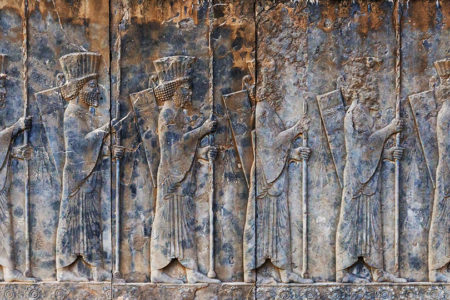Targeting Hamas
The goal of Hamas is clear. As stated in the organization’s covenant, the Islamic Resistance Movement “strives to raise the banner of Allah over every inch of Palestine.” No negotiations or compromises are possible. Hamas sends women and children to carry out suicide attacks against Israeli civilians, it has tried to blow up Israel’s tallest building and add poison to explosives, and it is now attempting an attack that it hopes to be on a par with 9/11.
The media frequently describes the killings in the Middle East as a “cycle of violence.” This is inaccurate. If the terror stops, Israel will have no need to engage in targeted killing or other military measures. The terrorists are like arsonists and the Israelis like firefighters. You would not accuse the firefighter who puts out an arsonist’s fire, or tries to prevent him from setting one, of perpetuating arson.
If the Palestinian Authority were fulfilling its principal Road Map obligation to stop terror, the members of Hamas would be in jail and the organization dismantled.
Hamas is trying to kill Jews every day. It is prevented from doing so only by Israel’s deterrent actions. Terrorists will always threaten retribution for Israeli actions, but it is not the targeted killings that provoke attacks, it is Israel’s existence.
The United States maintains a policy of self-defense similar to Israel’s. Osama bin Laden has openly been targeted, and the same day Israel eliminated Hamas leader Abd al-Aziz Rantisi, the spokesman for the coalition forces in Iraq publicly announced their intention of killing the leader of the insurgency there.
U.S. State Department spokesman Richard Boucher succinctly made the case for Israel on April 19, 2004: “We recognize Israel’s right to defend itself and we recognize that Hamas is a terrorist organization and Mr. Rantisi was the leader of a terrorist organization. . . . We especially consider groups that are actively blowing up people to be terrorist organizations. Hamas, unfortunately, qualifies as such. . . . We’re looking for people to put Hamas out of business. . . . The Gaza pullout is going to go more smoothly and be more successful if Hamas is not around at all.”
Since Prime Minister Ariel Sharon announced plans to disengage from the Gaza Strip, it is vital that Hamas be destroyed so it cannot establish a terrorist base on Israel’s doorstep. The Palestinian Authority has promised to do this, but has instead acted in cahoots with Hamas. The hope now is that Israel can dismantle Hamas and thereby give the majority of Palestinians who live in Gaza a chance for normal lives after the withdrawal is implemented.
The targeted killings also send an important message to Hamas and other Palestinian terrorists; namely, that Israel is making a strategic decision to withdraw from Gaza and is leaving on its own terms from a position of strength. Rantisi had claimed that Sharon’s decision meant the organization had won a victory and had forced Israel out of the territory. Rantisi is no longer around to repeat that claim.
Critics argue that the persistence of terror proves the policy of targeted killings doesn’t work. This is not necessarily the case. It is impossible to calculate how many attacks are not carried out, how many are disrupted, or how many potential terrorists choose a different life as a result of Israel’s actions. Undoubtedly, Israel’s policy has disrupted the logistical capability of Hamas, severely damaged its infrastructure, and eliminated its principal leadership. Though Hamas spokesmen may boast that leaders can be replaced, the truth is different; generals are not easily replaced by privates.
As Israeli journalist Ehud Ya’ari noted, the liquidation of Hamas leaders has prevented them from achieving their goal of a balance of terror against Israel. They believed they were immune from attack and could casually go about the business of sending other people’s children to die (Hamas tried to recruit Rantisi’s son, and his wife said to find someone else). The Hamas firebrands who threaten to unleash all manner of plagues on Israel have failed to scare the Israeli people; it is the terrorists who are cowering in fear of Apache helicopters.
Contrary to claims that Hamas cannot be defeated militarily, Ya’ari observed that Israel did just that in the West Bank, where “90 percent of the Hamas infrastructure has been shattered” and its leadership “has either been wiped out in targeted killings or is sitting in jail.”
The Israeli policy does raise moral issues, and these are regularly debated by the Israeli public. Still, despite reservations about the tactic, and the expectation that it could lead to reprisals, polls show that the overwhelming majority of Israelis support targeting the terrorists.
Israel’s detractors often suggest that targeted killings inflame the Arab world and create problems for the United States in the Middle East. The day after a killing, the Arab press will typically whip the masses into a frenzy; and there are the prerequisite demonstrations burning American flags. But relations between the United States and the Arab states remain unchanged. Israel may serve as a convenient scapegoat, but the insurgency in Iraq, the opposition of authoritarian Arab regimes to democratic reforms, and the radical Islamic hatred of the West have nothing to do with Israeli actions.
From Myths & Facts Online—A Guide to the Arab-Israeli Conflict by Mitchell G. Bard [www.JewishVirtualLibrary.org]. Used by permission.






